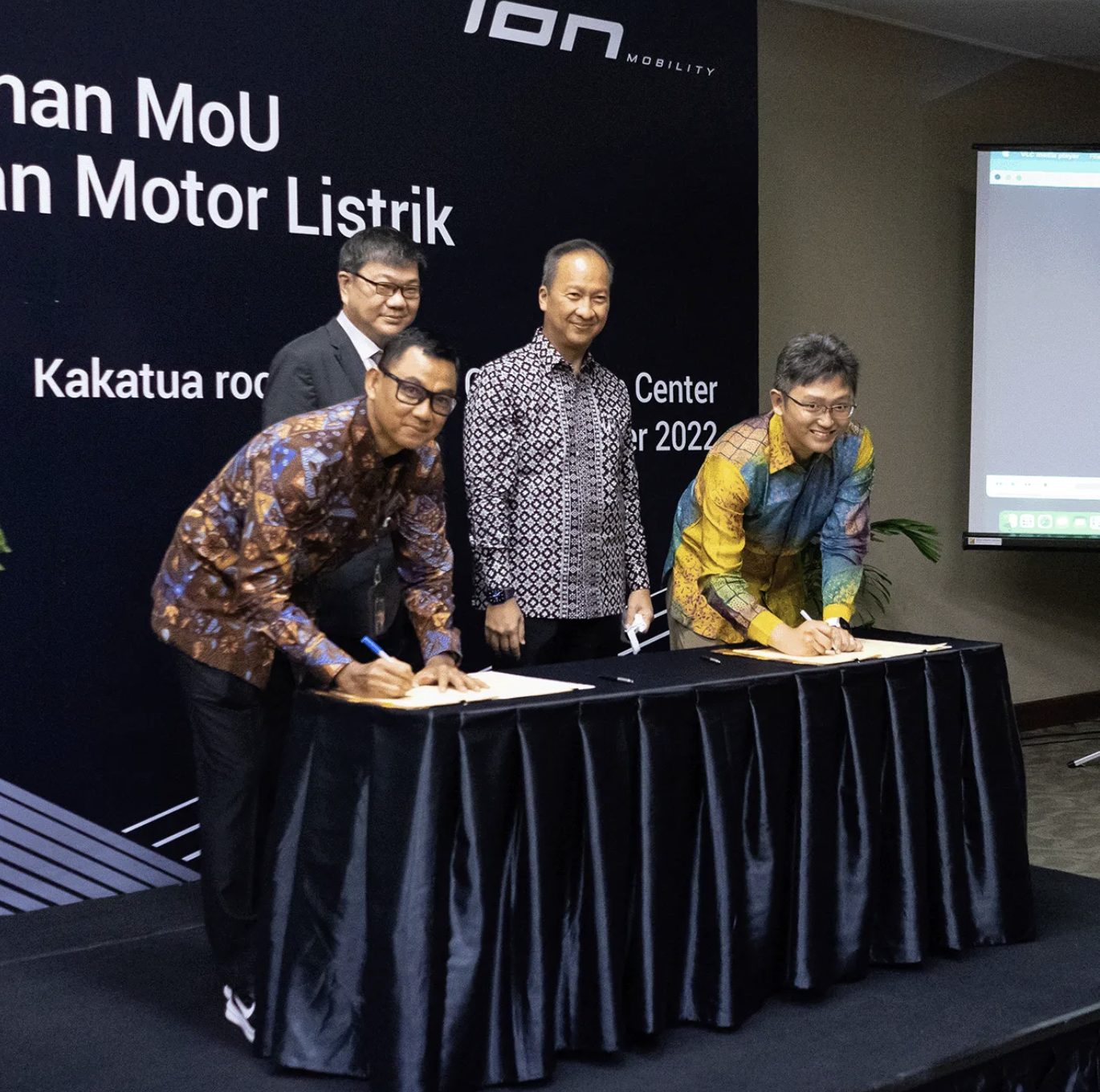Fishing in a new pond
- 500-backed aquaculture startup Jala Tech is three months into GRAFT Challenge Vietnam 2021, a program that supports entrepreneurs from across the globe in solving pressing issues in Vietnam’s agri-food sector.
- “During the GRAFT program we have exposure to the industry itself,” said Jala Tech co-founder and CEO Liris Maduningtyas. “And it’s been wonderful to see the industry welcoming [our] new technology.”
- The technology is the startup’s data-driven shrimp farm management platform where farmers can enter data and then gain access to AI-powered analytics to help forecast shrimp harvests.
- Liris shared that the app has been finalized in Vietnamese and the startup is almost ready for market entry. Via the program, local experts have been guiding Jala Tech in navigating Vietnamese regulatory challenges and barriers.
- According to Jala Tech, it aims to acquire 10,000 Vietnamese users in the next two years.
- Get the full story here.
A historic rise
- How did 500-backed Grab evolve from a taxi company in Malaysia to a super app in Southeast Asia? Managing Partner of 500 Global, Khailee Ng, reflects on the startup’s journey as its debut on Nasdaq last week became the largest SPAC combination outside the U.S. to date.
- “Grab is NOT the ‘Uber of Southeast Asia’”, he writes. “Grab follows more closely to the original ‘super app’ in China, Tencent.” A super app offers multiple on-demand products and services, all integrated seamlessly with digital payments.
- Grab’s journey began in dense, urban areas in the region with low car ownership and limited public transportation, where it offered consumers a vast network of ride-hailing drivers. Today, the startup embraces the sharing economy by also providing food and grocery deliveries in addition to fintech services such as loans, investments, and insurance. The goal? To provide better, cheaper, and faster services to Southeast Asians.
- “From the company’s humble beginnings, unicorn DNA and now its role as a globally recognized tech giant, Grab reminds investors like us of what’s possible – and we’re excited to see all that they will do and achieve for Southeast Asia,” Khailee concludes.
- Read the full story on 500 Global.
Room to grow
- In an interview at The Phocuswright Conference 2021, RedDoorz founder and CEO Amit Saberwal shared how the startup managed in the pandemic and what its future plans are.
- Thanks to the rapid digitalization in Southeast Asia during the pandemic, the demand for digital services has ramped up. Hotel owners who are part of the RedDoorz brand have reaped the benefits – according to Amit, they report a 15% higher occupancy rate than unbranded similar products.
- RedDoorz claims to have 2,900 properties across four countries – it was at 1,600-1,700 before the pandemic. He explained that the startup improved its algorithms around supply sufficiency to match what customers were asking for, enabling it to provide hyper-localized recommendations.
- On RedDoorz’s future, Amit revealed that it may raise funds next year and he is looking at a possible IPO in 2023 or 2024.
- Read the full interview here.



